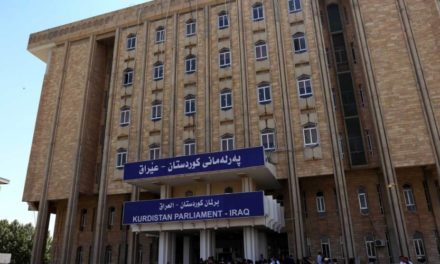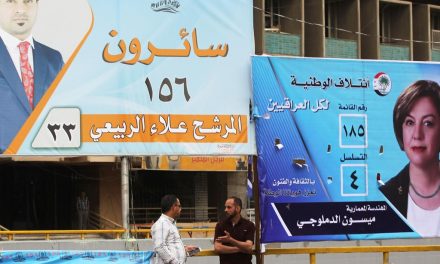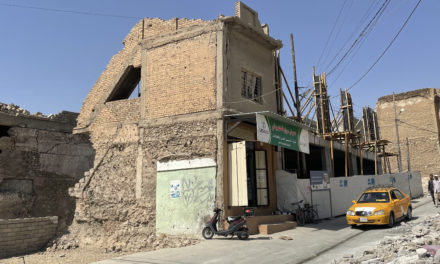Baghdad International Book Fair 2018
Iraq, the cradle of civilization has seen its cultural production suffocate for many decades due to the struggles of wars, sanctions and dictatorships. It is only recently that a breath of fresh air has been blown new life into Iraqi culture.
From a social perspective, one can look at intellectuals as people who perceive and understand the problems of society and aim to influence the public opinion about these problems. Culture, on the other hand, is the collective of arts, knowledge, morals, technology, artifacts, music and laws. All these aspects of culture flourish the more the intellectual awareness increases in society.
Iraqi intellectuals played an important role in changing Iraq’s cultural reality towards a more advanced status. After 2003, Iraqi culture and its intellectuals witnessed a state of flourishing after its creative people finally regained their freedom. Books are now being published that establish a fruitful presence in the literary landscape that clearly manifests through international book fairs.
Iraq’s cultural contributions began to convey Iraq’s reality to the world after it was denied this role for many years because of oppression and censorship. During this period, only a handful of intellectuals managed to defy these prohibitions that were placed on them. Increase in freedom of expression helped encourage Iraq’s culture towards prosperity, as this only happens when culture can openly challenge existing social norms and cultural traditions.
This does not mean that all contributions today are creative works of high standard. There are also contributions of lesser quality that have been given the opportunity to be created because of the new freedoms of expression, including cultural criticism, that state censorship had stifled in the past. These new developments have improved Iraqi cultural environment.
In the past, the cultural production of writing had been used to glorify the Ba’ath party. Today, writers have begun to challenge this glorification narrative that was created in order to suppress opposition to the regime. The ability to criticize these forms of state suppression imposed on intellectuals’ cultural contributions can now be openly criticized given the newly gained freedoms of expression.
Iraq’s cultural contributions has finally been able to embrace its true history and current reality. In embracing this reality, Iraq has had to accept the tragedies that have shaped its culture. An important facet of cultural production includes criticizing Iraqi politics, and some instances of political Islam that tried to use religion in order to pressure society. The most important aim of modern writing is criticizing the harsh social conditions created by these trajedies, thereby placing Iraqi citizens’ wellbeing central to the aim of cultural expression.
Ahmed Saadawi is a good example of Iraq’s prospering intellectual movement. What distinguishes Frankenstein in Baghdad was the ability of the author to talk about important issues within an Iraqi context. It is an important attempt to stop anybody who aims to divide Iraqis based on their sectarian identity. Another aspect of the novel that distinguishes it from other works is that it was written in a way that gave the feeling of conveying social reality rather than authoring it. This distinction earned it the International Prize for Arabic Fiction award, and a nomination for the Man Booker International Prize, an indicator that Iraqi intellect is capable of prosperity, creativity and distinction.
Another important novel to recognize is The Death of A Book Seller by the late Sa’ad Muhammad Rahim, which earned a similar status to Frankenstein in Baghdad. It was also shortlisted for the International Prize for Arabic Fiction award. From the title of the novel, it points towards the reality Iraqis were living through until very recently, which was ‘dying for nothing’. There are others works similar to these mentioned that created the essence of Iraq’s intellectual ascension, many of them sharing the theme of refusing any type of oppression.
The recent international book fair in Baghdad amongst other things are all clear signs that Iraq’s cultural scene is being reborn, announcing a new era for Iraq’s intellectuals in which they play important roles in the global cultural movement.

Wassan Morshed
Wassan Morshed is a PhD student in modern literacy at Baghdad University, College of Education for Girls. She has published a book, The Taboo in the Poetry of Adnan Sayegh.










